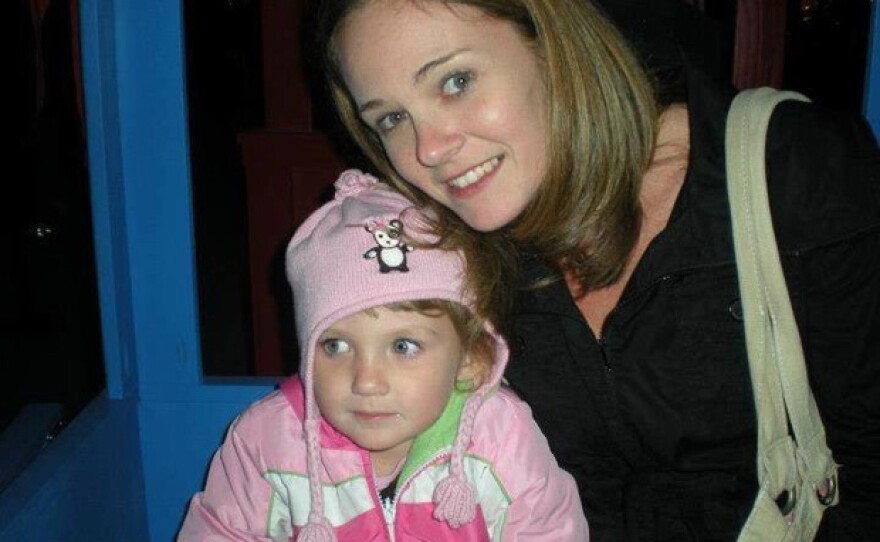On the night she broke up with her police officer boyfriend, 24-year-old Michelle O’Connell was found dead from a gunshot in the mouth. Next to her was her boyfriend’s semi-automatic service pistol. The local sheriff’s investigation concluded it was a suicide—but was it?
In "A Death in St. Augustine," premiering Tuesday, November 26, 2013, FRONTLINE and The New York Times investigate the death of this young, single mother in Florida — and how effectively police handle cases involving their own officers, especially when there are allegations of domestic violence.
Related Articles
What to Do If You’re a Victim of Abuse by Sarah Childress
How to Combat Officer-Involved Domestic Violence
How Should You Investigate a Death? by Sarah Childress & Alexander Hyacinthe
“What first caught my eye about this death was that an officer’s gun had fired the fatal shot,” says New York Times investigative reporter Walt Bogdanich, the on-camera reporter for "A Death in St. Augustine." “The sheriff concluded this was a simple suicide, but I wanted to know how thoroughly did his office investigate the possible involvement of one of its officers.”
As part of the nine-month investigation, FRONTLINE and The New York Times reviewed police, medical and legal records, interviewed dozens of people connected to the case, and consulted with independent forensic and law enforcement experts who found significant problems with the investigation and conclusions of the local medical examiners and St. Johns County Sheriff’s Office.
Through the lens of this complex case, FRONTLINE and The New York Times report on what law enforcement experts say is a vexing and under-reported national problem: officer-involved domestic violence.
“There are many barriers to reporting domestic violence under ‘ordinary’ circumstances,” Bogdanich says. “But when your abuser is the police, those barriers — including fear of retaliation — can feel even more daunting.”
The problem of officer-involved domestic violence is compounded by the fact that there’s no central, national collection agency to track complaints. Using police disciplinary records and its own survey of police practices nationally, The Times and FRONTLINE examined how police departments handle allegations of officer-involved domestic violence
“We’re pleased to collaborate with The New York Times to tell this important story in innovative ways, across all of our collective platforms,” says Raney Aronson-Rath, FRONTLINE deputy executive producer.
Past episodes of FRONTLINE are available for online viewing. FRONTLINE is on Facebook, and follow @frontlinepbs on Twitter.
"A Death in St. Augustine" Preview"
"On the night she broke up with her police officer boyfriend





